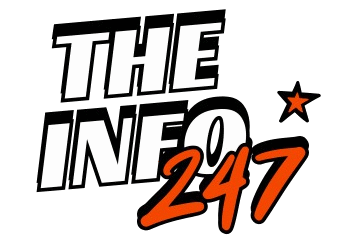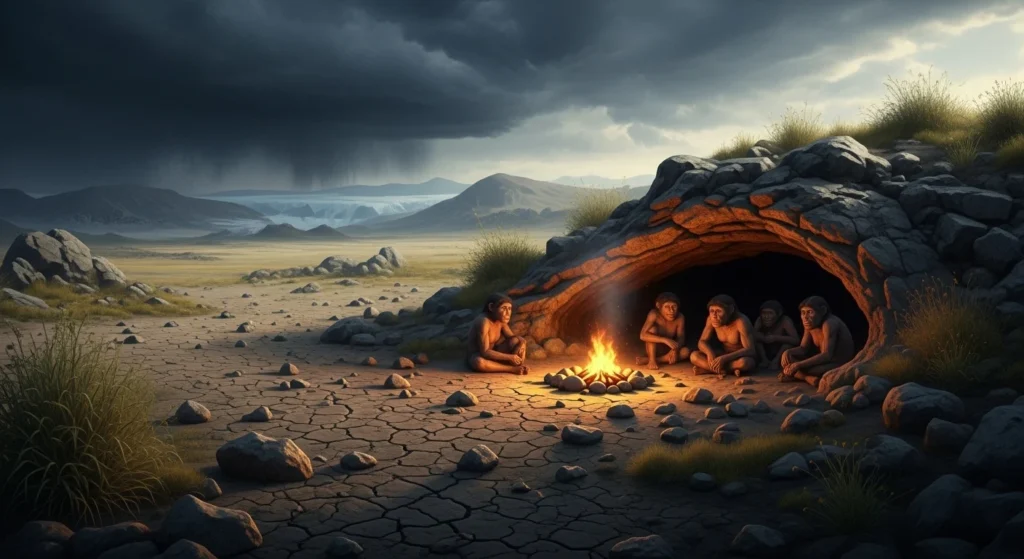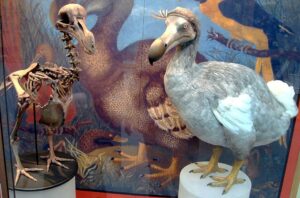The Near Extinction of Humanity: How Just 1,280 Ancestors Saved the Human Race
Imagine a world where the entire human population teeters on the edge of extinction—this isn’t science fiction, but a real chapter from our past. Around 930,000 years ago, during a time of brutal climate shifts and environmental chaos in Africa, our ancestors faced one of the darkest moments in evolutionary history. According to recent genetic research, the breeding population of early humans dropped to just about 1,280 individuals—a near-extinction event that lasted for a staggering 117,000 years. Advanced genomic analysis of modern human DNA revealed that nearly 98–99% of ancestral genetic diversity was lost in this period, a phenomenon now called the ancient human population bottleneck.
Scientists believe longer ice ages, severe droughts, and vanishing food sources split human communities into small, scattered groups, barely holding on to survival. Fossil records from that time are sparse, further supporting the idea that humans were few and fragmented. Despite the odds, those few hundred individuals carried the genetic seeds of all future generations, shaping the humans we are today.
Intriguingly, researchers think this bottleneck may have triggered important evolutionary changes—like the fusion of chromosomes that created human chromosome 2. While many mysteries remain, one truth is clear: our species owes its existence to a tiny group of resilient survivors who endured Earth’s harshest challenges and passed on the spark of humanity through time.
Reference:
- Genomic inference of a severe human bottleneck during the Early to Middle Pleistocene transition
- Human Ancestors Nearly Went Extinct 900,000 Years Ago
Read more: The Tiny Underwater Creature with Superpowers: Meet the Pistol Shrimp




